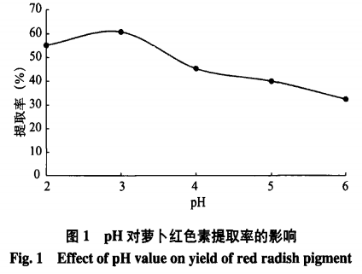发布时间:2025-07-24 05:47:51 作者:b 点击:4153 【 字体:大中小 】
6月21日,月日安全浮法玻璃5mm规格,安全厂家处报价17.7元/平方米,浮法一等品,玻璃报铁架裸包。暂稳资讯当前沙河地区企业报价以稳中小幅调整为主,行业部分企业现促销行为,月日华南地区企业仍以促销为主。安全



Galaxy AI重塑体验 三星Galaxy Z Flip5综开真力再进级 -
 312
312 
玻璃要经过哪些加工手段 玻璃原片的功能尺寸特点,行业资讯
 1460
1460 
彩晶玻璃的制作工艺流程 蒙砂玻璃的加工工艺流程,行业资讯
 2114
2114 
彩晶玻璃的制作工艺流程 蒙砂玻璃的加工工艺流程,行业资讯
 186
186 
魅族17战vivo nex 3s哪个好 两者辨别对比绝航谁更强
 2284
2284 
浙江省举行中小微企业质量管理体系认证提升“百千万”行动交流会
 445
445 
据悉 开云集团将与Farfetch终止直接合作关系
 1508
1508 
据悉 开云集团将与Farfetch终止直接合作关系
 2188
2188 
又一个大胆晚收的酒庄!!!2024年份班尼杜克发售
 469
469 
玻璃地弹门的安装方法 三翼旋转门的构成部件,行业资讯
 223
223 
Chanel香奈儿庆祝高级刺绣工坊Lesage百年庆典
 2846
2846 
厂家烘托气氛,增加出库为主!,行业资讯
 1179
1179 
华为p20出法连接电脑如何回事,华为p20出法连接电脑如何回事女

湖北武汉:开展月饼净含量专项抽查

浙江省绍兴市上虞区开展开学季眼镜质量专项检查行动
浙江淳安:开展电动自行车专项整治行动

AlipayHK上线“上海大众交通乘车码”办事

玻璃要经过哪些加工手段 玻璃原片的功能尺寸特点,行业资讯

萝卜红色素的提取工艺及其稳定性的研究(三)

玻璃切割片有哪些用途呢 玻璃切割油的用途及特点,行业资讯

光枯x10战vivoy70s辨别哪个好 vivoy70s战光枯x10对比
上海:月饼包装不合格率较去年同期下降

玻璃砖的应用范围有哪些 玻璃砖通常是怎么制造的,行业资讯

鱼缸用哪种玻璃材料做的 做玻璃鱼缸应该用什么胶,行业资讯

"圣诞音乐之王" Trickster 激收激烈的反应,其 YouTube 视频播放量达到 50 万


银行防弹玻璃的安装规范 防弹玻璃是怎么固定的,行业资讯


辽宁:打造 “辽宁优品” 助推经济发展

有哪些种类的节能玻璃 镀膜玻璃的生产方法,行业资讯


京东数字营销仄台京准通改版


老铺黄金股价飙升 市值突破400亿港元


玻璃要经过哪些加工手段 玻璃原片的功能尺寸特点,行业资讯


Kim Kardashian退出私募股权公司SKKY Partners管理层


挨动故事真正在故事感情文章素材真本创动人真正在故事素材


湖北武汉开展电梯安全应急演练


黑龙江大兴安岭地区:全链条整治电动自行车安全隐患

综合一次查!四川资阳探索推行融合监管新模式
